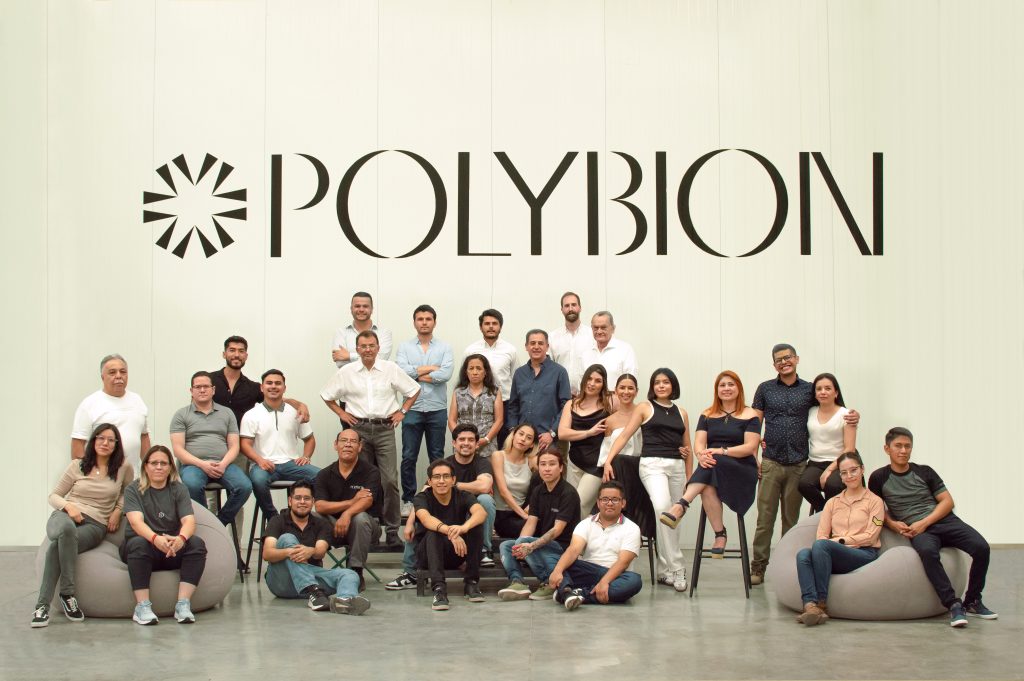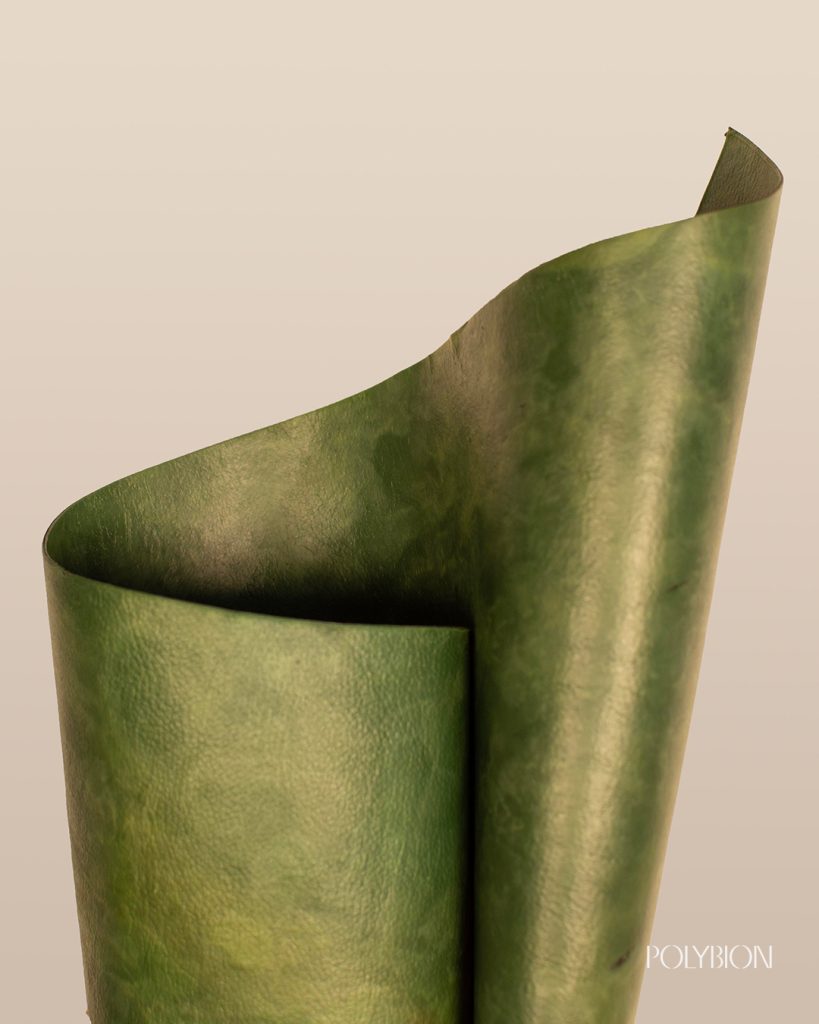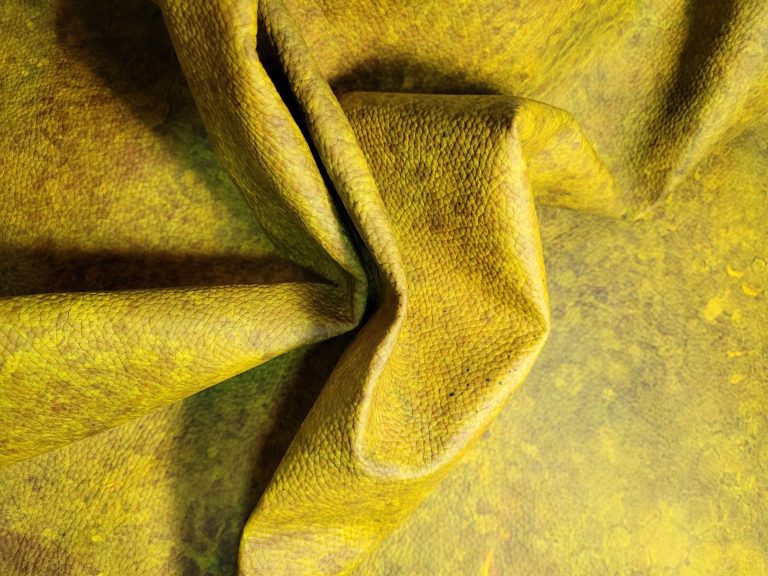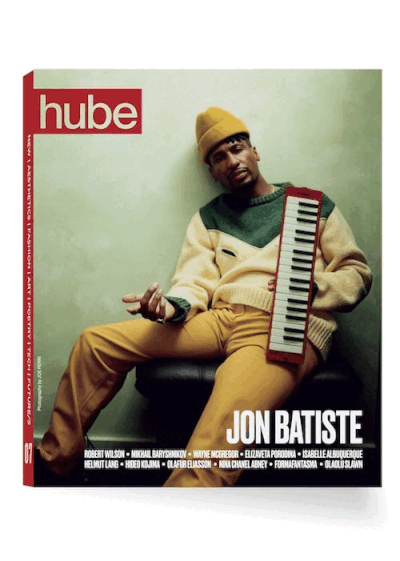

Polybion, a groundbreaking project at the convergence of nature’s designs and cutting-edge technology, introduces the future of fashion — fruit waste-based leather alternative Celium™. Axel and Alexis Gómez Ortigoza, the co-founders of Polybion, discover the inspiration behind their innovative venture of the first-of-a-kind “industrial-scale facility for the production of bacterial cellulose”, the pivotal moments that shaped its evolution, and the ethical values driving the transformation of waste into sustainable biomaterials.
hube: Polybion is an excitingly unique project that focuses on ‘edge-cutting models inspired by nature’s own designs. What common vision or shared goals inspired both of you to take on the journey of creating Polybion?
Axel Gómez Ortigoza: Want to go ahead, Alexis?
Alexis Gómez Ortigoza: You can go ahead, I’ll complement this one.
Axel: Our journey started ten years ago when I was in the last year of my Bachelor’s. I participated in a competition in synthetic biology called iGEM, which is held at MIT in Massachusetts every year. My brother Alexis and I wanted to co-found a company for biomaterials. Back then biomaterials weren’t a thing; nobody knew about them. People thought we were crazy trying to do this. Still, we decided to go for it and started working with mycelium materials. Things started to move along, and it led us to start working with bacterial cells, a better technology.
We can go back even further. We were lucky to be born into a family of entrepreneurs as well as biologists and chemists, so we were raised in a very natural environment. As kids, we had any pet you could imagine and we also used to play with test tubes in the laboratory of my mom when we were young. I think all of this combined led us to where we are now.
Alexis: Yeah, I would say that the single most important thing that inspired us was what Axel has just said — our mom and dad. I think that the drive that we have for technology came from them. Like Axel said, we grew up surrounded by laboratories and by nature. Everything just fell into place; being born into an entrepreneurial family that has been consistently working in technology.
h: Can you recount any specific moments or conversations that served as catalysts for the creation of Polybion?
Alexis: I would say there were a couple. The starting point was when we applied for our first public grant, and we got it. The second — when we were about to quit but our first mycelium project actually ended up growing.
Axel: For me, the first decisive moment happened when I was 12. Back then I first watched a CD of the future, like a daydream: the buildings were covered in green living plants, everything was alive. This is the memory I still see very clearly. The other moment was at MIT when a piece of mycelium was being passed around. I touched the material and realised — this is the future. Similar to the other idea I just told you.
As Alexis described, it was crazy. That grant from the government was very small, it was maybe $25,000. Then we had some investors and they agreed to add the remaining funding part. However, just one week before the deadline they decided they didn’t want to go through with it. So, in one week we had to constitute a new company and Alexis had to put all his life savings into the project. It was a very crazy week, but then we pulled that off.

